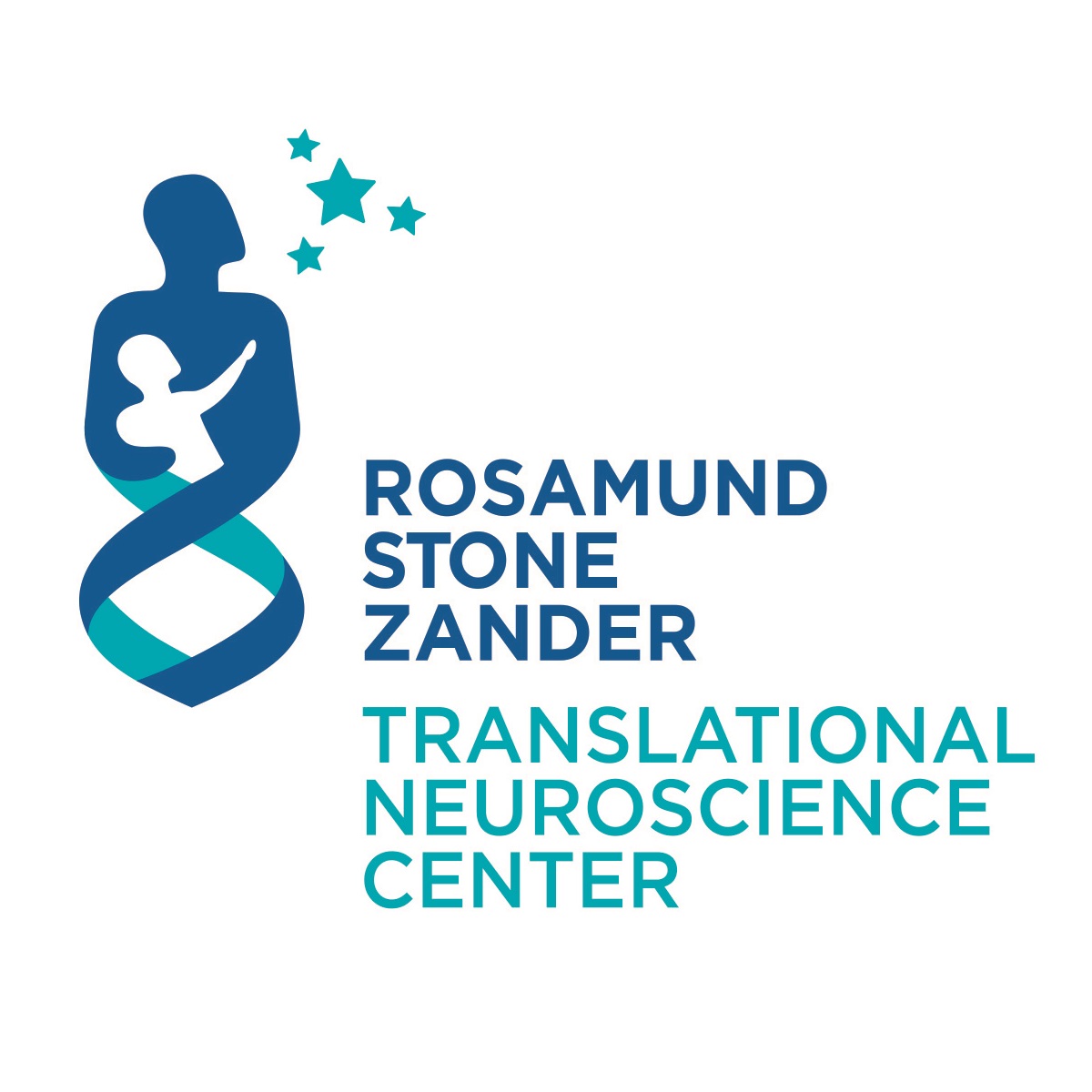News & Events
Center News

RSZ TNC Researchers Collaborate with Multiple Sites to Validate Computational Phenotypes for PTEN Hamartoma Tumor Syndrome (PHTS)
Computational phenotypes in PHTS display high predictive yield for patients who could benefit from genetic testing
In collaboration with Harvard Medical School, Children’s National Hospital, and the University of Washington, Rosamund Stone Zander Translational Neuroscience Center researchers conducted a study to validate a computational phenotype for finding patients eligible for genetic testing for pathogenic PTEN variants. Combinations of patient billing codes within electronic health records (EHR) that are highly predictive of disease can be defined as computational phenotypes. Using the diagnostic criteria of PTEN Hamartoma Tumor Syndrome (PHTS) outlined by experts at Cleveland Clinic, this team of researchers carried out a comprehensive review of billing codes, clinic notes, and genetic reports within patient EHRs to identify patient cohorts for genetic testing. Across the multiple sites participating in this study, it was found that between 82% and 94% of patients with PHTS computational phenotypes should have genetic testing for PTEN variants. These results display the value of using computational phenotypes in practice, showcasing their potential to identify patient cohorts for genetic testing, thus promoting timely and accurate rare disease diagnoses.
“Accelerating research from ‘desktop’ to bedside”
Computational phenotypes are shown to be an important addition to a clinician’s arsenal of diagnostic tools in rare disease, where there is a limited breadth of knowledge granted the relatively small sample size comprising these disease populations. The validation of computational phenotypes in PHTS by our research group has further demonstrated the predictive value of this tool in identifying patients who could benefit from genetic testing. This study has opened the door for other institutions to take a similar approach for PHTS and the possibility to apply computational phenotypes to other rare diseases in a comparable fashion.
Check out the full publication in the Journal of Neurodevelopmental Disorders >


